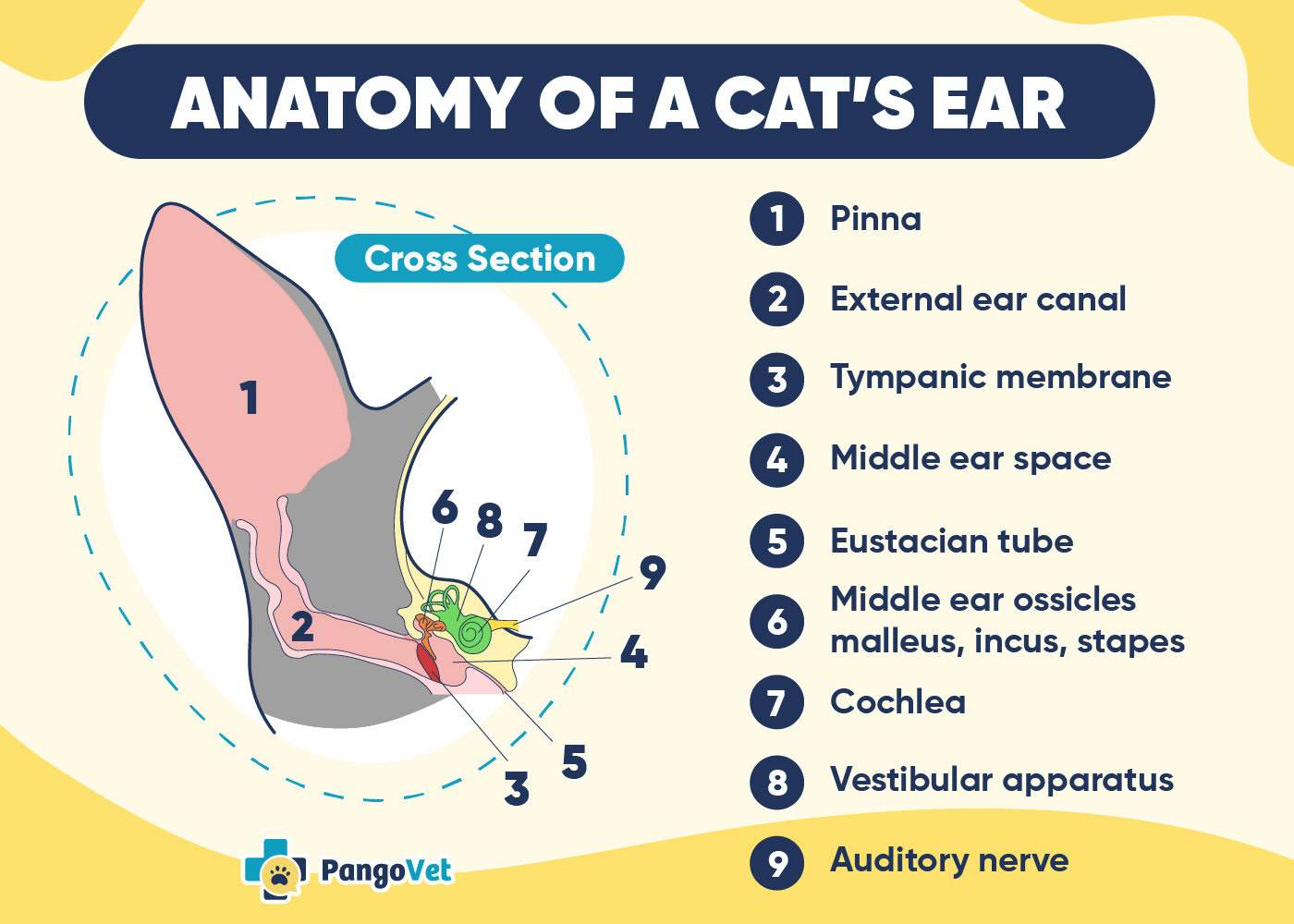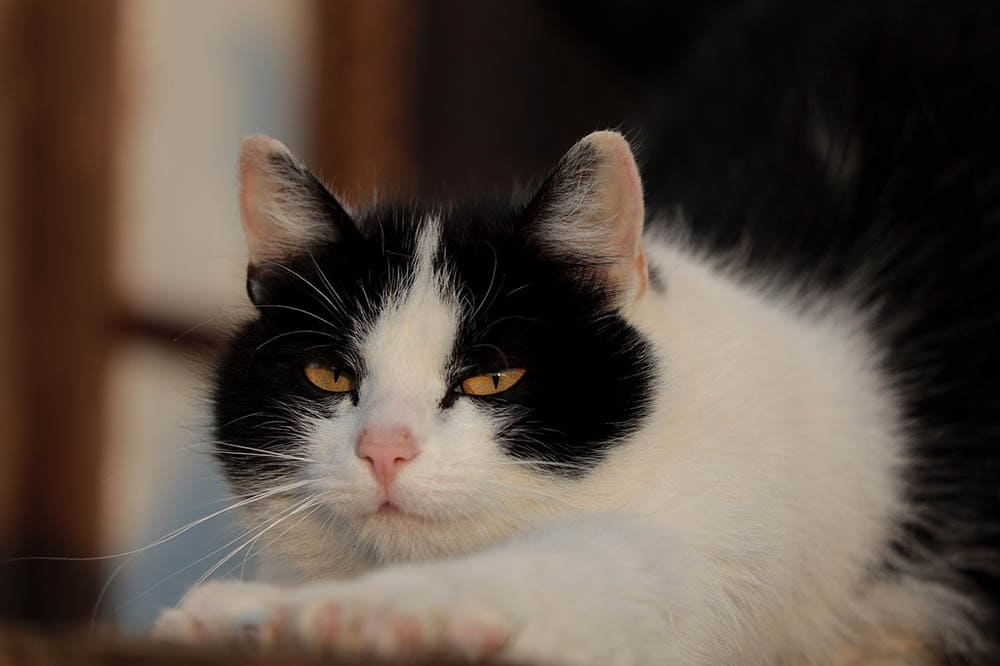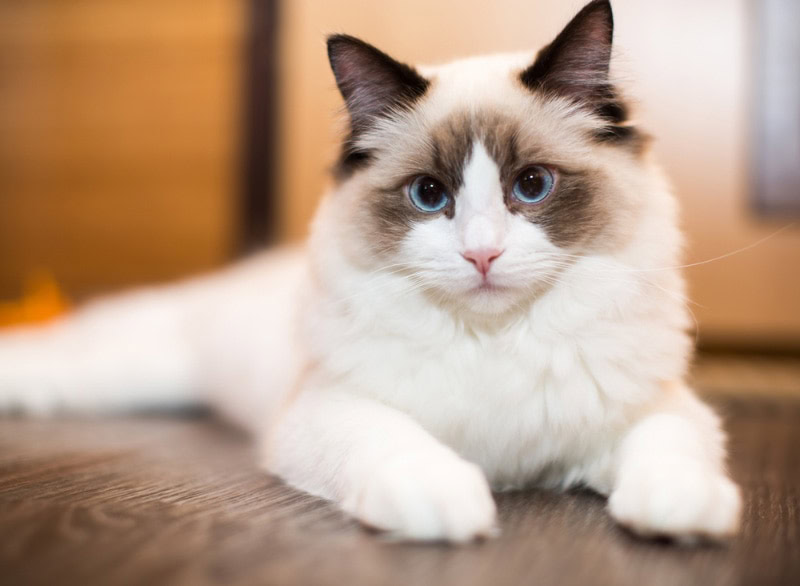VET APPROVED

The information is current and up-to-date in accordance with the latest veterinarian research.
Learn more »Click to Skip Ahead
Cats are discrete and mostly independent creatures. There are a lot of things that they dislike, and some of them are loud noises and startling sounds. Indeed, their hearing is extremely well developed, which is a big plus for their inner predator, but it can also be a terrible source of stress when sharing life with their somewhat noisy human. So, without further ado, check out the eight sounds cats hate the most.

The 8 Sounds That Cats Hate
1. Vacuum Cleaner

This appliance is a real devil’s machine for your little companion with such fine and delicate ears. Please, at all costs, avoid waking them from their sleep by vacuuming near their bed; it would make anyone cranky, but in your cat’s case, it will cause them unnecessary stress and fear. So, when you use this infernal device, take care to move your kitty gently to a quieter room beforehand; they will be extremely grateful to you!
2. Television

In addition to vacuum cleaners, other indoor sounds may also annoy cats. In fact, any excessive or loud noises can create acoustic stress, which particularly affects felines, as they can hear very loud tones. One of them is the sound coming from your TV, especially if you are watching your favorite Netflix series at a volume that irritates the whole neighborhood.
3. Video Games

Killing zombies with heavy machine-gun fire in your PlayStation’s latest post-apocalyptic game is entertaining. However, your cat probably also wants to grind you to a pulp as soon as they hear the sounds of your zombie killer gun. So no, your kitty is not a fan of video games, but this is not due to your skills but rather to the horrifying noises coming from this little black box.
4. Stereo Systems

You guessed it, if cats loathe the sounds of video games and loud TVs, they won’t be fans of stereos. It’s better to listen to your favorite music with your headphones and reserve your sophisticated stereos for special occasions!
5. House Parties

The parties you throw at your house are the death toll of noise pollution for your feline. Events like this bring together all the conditions and noises that will drive your cat crazy, often forcing them to retreat to a small space to hide. So, if you are planning a house party and know it will be loud with a group of guests, you must block out a quiet area in the house where your cat can retreat without being disturbed.
6. Traffic Noise
Besides the common household noise that can be startling and frightening for many cats, there is also the outside noise of ongoing traffic. The level of this noise will depend on your location and insulation, with urban kitties being exposed to it on a daily basis. Many cats will get used to it with time, as long as they have been exposed to it since an early age and have been given plenty of safe indoor hiding places. For them, it soon becomes background noise. Some may be more anxious than others, while cats in rural areas may not be too sure about traffic noise, especially if they only hear it on occasion, finding it quite frightening.
7. Fireworks and Thunderstorms

Fireworks, city-wide celebrations, and thunderstorms are luckily rare events, but often cause a degree of fear and anxiety even in humans, let alone their felines. The issue with them is their unpredictability, often followed by bright lights as well as sudden and loud noise. Some cats find it very frightening, while others are not as fussed with this type of noise disturbance.
8. Construction Works
Finally, another thing most cats hate is when there is a noisy change in their everyday routine. This involves various construction works, be it inside the home or on the outside. During these times, besides strange people, noise, and obvious changes in the environment, your kitty is likely to feel very stressed. Make sure to anticipate the work well in advance in order to provide your cat with adequate peaceful hiding spots which contain everything they need, from beds, toys, food, water, and a litter box. Consider using pheromone diffusers and speak to your vet about other ways to minimize their stress.

Why Are Cats So Annoyed by Loud Sounds?
Why Are Cats So Annoyed by Loud Sounds?
Because cats have an incredible sense of hearing, indeed, the cat is an outstanding predator, constantly alert and alarmed at the slightest sound. This is made possible by the ability of their inner ear to perceive sounds ranging from 48 hertz (Hz) to 85,000 Hz! This gives the domestic cat one of the broadest hearing ranges among mammals.
This is much more than the frequency perceptible by the human ear since it is limited to 20,000 Hz.
How Does a Cat’s Hearing Work?
The cat’s middle ear includes the stirrup, anvil, and hammer, three small bones. So, when a sound reaches the pinna of the cat’s ear, it is directed to the eardrum, which starts to vibrate. From here, the vibrations are passed through to the middle ear, where they get enhanced, and then through to the cochlea in the inner ear, which is surrounded by fluid. Vibrations of the fluid stimulate the fine sensory cells and create an electrical signal that carries on all the way to the brain.
Cats have a very well-developed sense of hearing, much more sensitive than ours, allowing them to hear higher frequencies.
Therefore, if a sound is emitted by the movement of a small rodent or a bird, the cat will immediately launch in pursuit. As long as no sound comes from a source of any interest to the cat, the cat can remain quite stoic. You know how difficult it is to approach a kitty—even with the greatest possible discretion — without awakening their senses. Their ultra-fine hearing does not fool them!

How To Take Care of Your Cat’s Ears
For your little feline to maintain their fabulous sense of hearing for as long as possible, you must take good care of their ears. Luckily, cats are not very prone to ear problems, unlike dogs, and generally care for their ears on their own. By avoiding excessive noise and by inspecting your cat’s ears regularly, you will be able to reduce the likelihood of any health problems or pick them up early on.
A regular visit to the veterinarian is essential to check the good condition of your cat’s ears as well as their overall health. In some cases and according to your vet’s advice, you may need to clean or treat your cat’s ears with a specific product recommended by the veterinarian, using a tip designed for the animal’s ears. Obviously, steer clear of the cotton bud or Q-tip, as they may push discharge further down the ear canal or damage the ear.

Final Thoughts
Often independent and unpredictable, cats may be endearing, but they have their own little character. There are a lot of things that they can’t stand, and some noises and sounds are part of it.
Generally, cats hate loud sounds because their hearing is very fine and well-developed, which makes them sensitive to the slightest noise. So, to make it easier to live with your four-legged friend, avoid sources of loud noises, such as loud music, television, video games, and vacuuming, when your feline is nearby. Obviously, this won’t always be possible, which is why you should organize a quiet little corner for them in your home.
- Related Read: Sounds Cats Love! What You Need to Know!
Featured Image Credit: Pixabay













One Response
Great breakdown of the sounds that stress out cats! Their heightened hearing is truly a double-edged sword—essential for survival but also a major source of anxiety in a human household. One thing I’ve noticed is that beyond just the loudness of certain noises, unpredictability plays a big role in a cat’s stress response. For example, even a relatively quiet but sudden sound, like a dropped utensil, can startle them more than a consistent background noise.
Also, high-frequency sounds—like those from TVs, alarms, or even some electronics we barely notice—can be particularly distressing since cats hear up to 64,000 Hz. It’s fascinating (and a little concerning) how many everyday sounds can trigger discomfort without us realizing it.